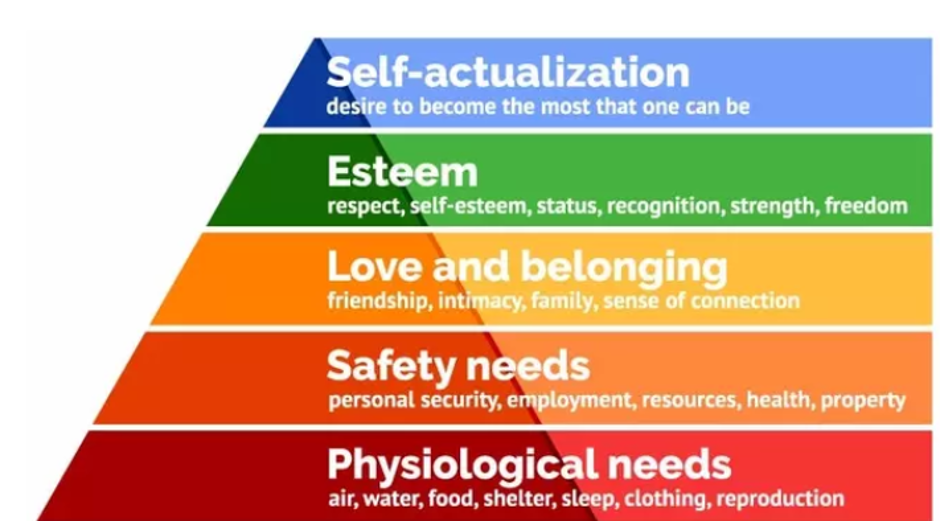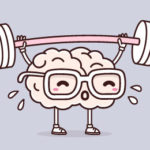A close family friend recently retired, and lately he told me how he is struggling to deal with it (I got his approval to mention it here in this blog!). I’ve highlighted some brilliant things that are available to him in the community like Mens Sheds, community breakfasts, Gardening Clubs etc. He answered, “That stuff is only for people who are struggling”. This left me a little stunned. I wondered if that is what people think about Therapy also? Is that why there is such a stigma around it? I must be struggling if I need to see a counsellor?
So then I thought back to the blogs we’ve posted to date, and they are all focused on difficulty and challenges and weathering the storm. Of course, this is a massive part of what we do in Therapy, but none of the articles have highlighted another aspect of what we see in the therapy room. Growth, Education and Personal Development. People who are physically fit and able can still go to the gym and visit the doctor for medical check-ups to maintain their physical fitness. So why is it so surprising to know that mentally fit people come to therapy to maintain their mental health?
Here comes the science bit, so feel free to skip this paragraph!: Do you remember the old grey guys with the beards that were mentioned in earlier articles? They all referred to this aspect of the counselling and therapy world in their theories. They called it ‘self-actualisation’, or ‘self realisation’, or various other names, but the general idea is to ‘be as good as I can be’. The one that bests describes it for me is Maslows Hierarchy of Needs, that once we have addressed all our other needs, we can work on ‘becoming the most we can be’. (see the graphic below).

As the taboo around therapy continues to fall away, more and more people are realising that maintaining your mental health is a bit like going your gym. Therapy has many similarities to exercise. Research has shown that talking to a therapist is linked with identifiable changes in the brain, much like how exercise results in visible, physical changes in the body. While a gym instructor might help you learn how to lift weights properly and safely, a therapist can introduce you to coping mechanisms, problem-solving strategies, and how to identify ‘blindspots’ and break bad habits. All of these interventions have long-term benefits for your mental health.
Increasingly at The DMC Clinic we are meeting clients who are building therapy into their ‘wellness plans’ and are viewing health at a holistic level. Clients are recognising that whilst advancing in our personal lives, studies or career may be important to us, it should never come at the expense of our happiness and wellbeing. And when we mean wellbeing, we mean physical, emotional and mental wellbeing.
When it comes to our mental health, an ounce of prevention is better than a pound of cure. A marathon runner ideally doesn’t work on his technique in the middle of a race. Don’t wait until you are struggling to start working on your mental health. Do the work when you are feeling mentally well so that you can rely on it when the race gets tough. Train hard, race easy.
The article is written by Noel, Trainee Counsellor at The DMC Clinic. If you would like to discuss how any of the topics mentioned above are impacting your mental health, please contact The DMC Clinic to arrange an appointment.










